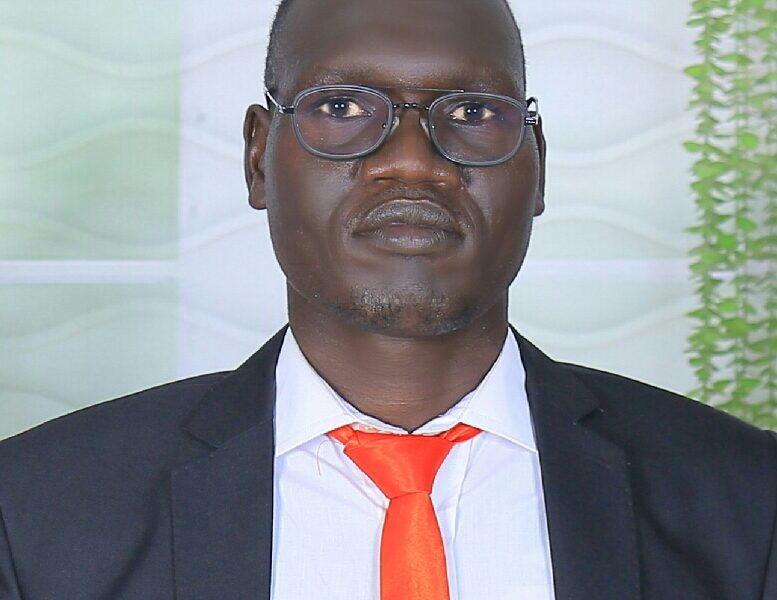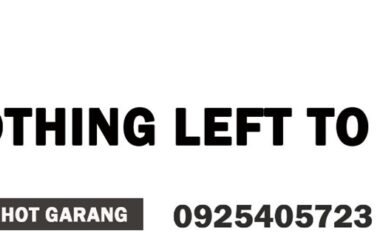By Ajak Diing Deng
For 21 years. We, South Sudanese citizens fought to liberate our country from oppressive Arabic regime rule. Since gaining independence in 2011, the government of South Sudan has made strides in creating a more unstable nation by allowing individuals to embezzle public fund without questioning them. However, the current status of government corruption, nepotism, tribalism and bribery in the country is still cause for concern.
Government corruption has been a major obstacle to the development of South Sudan. The country is ranked as one of the most corrupt countries in the world, (though being disputed by honorable minister for information Michael Makuei) with high levels of bribery and embezzlement. Nepotism has also been a problem, with many government posts being filled by family is members or allies of those in power. This has contributed to an overall lack of transparency and accountability in the
government.
Tribalism has been another major issue in South Sudan. The country is divided into numerous ethnic groups, and some leaders have been accused of favoring their own tribe over others. This has created a sense of mistrust and division among citizens, as well as a lack of trust in the government.
Finally, bribery has been an issue in South Sudan. Many government officials are accused of taking bribes in exchange for favors, such as awarding contracts or granting permits. This has led to a lack of trust in the government and has hindered the country’s development.
It is clear that the current status of government corruption, nepotism, tribalism and bribery in South Sudan is still a major issue. While no progress has been made since the country’s liberation, more must be done to ensure that the country is truly free from these issues. Without a strong commitment to fighting corruption and promoting transparency and accountability, we will continue to struggle to move forward.
When South Sudan gained its independence in 2011, we were hopeful that the new country would usher in an era of good governance and development. However, over the past six years, the government has been mired in allegations of corruption, nepotism, tribalism, and bribery. The current state of affairs is a far cry from what our fathers fought for over 21 years to liberate this messed South Sudan.
One of the main problems facing South Sudan is the lack of good governance and goodwill The government is rife with corruption, nepotism, tribalism, and bribery. Officials are often appointed based on
their connections rather than their qualifications, and they often use their positions to enrich themselves and their families. As a result, the majority of the population is living in absolute poverty while the ruling elite enjoy a lavish lifestyle with their children in Kampala and Nairobi.
Another problem facing South Sudan is the ongoing civil war. The war has killed thousands of people and displaced millions more. It has also wreaked havoc on the country’s economy, which is now in a state of collapse. The war is largely fueled by tribalism and sectarianism, and it shows no sign of ending anytime soon.
Finally, South Sudan is also plagued by a lack of good governance. The government is often unable or unwilling to provide basic services such as healthcare, education, and infrastructure. As a result, the majority of the population is living in abject poverty.
So, is the current status of government corruption, nepotism, tribalism and bribery what our fathers fought for 21 years to liberate South Sudan? The answer is a resounding no. The current state of affairs is a far cry from what our fathers fought for over 21 years to liberate South Sudan. We must work to put an end to the corruption, nepotism, tribalism, and bribery that are plaguing our country. Only then can we hope to build a better South Sudan for all.
WHAT CAN BE DONE TO AVERT CORRUPTION IN SOUTH SUDAN?
Way forward.
. Empower an existing independent anti-corruption commission: South Sudan should establish an independent anti-corruption commission that is responsible for investigating and prosecuting cases of corruption but the commission has no powers to bring to book those found guilty of corruption. This commission should be given the power to investigate and prosecute any person suspected of involvement in corruption, nepotism, tribalism, and bribery.
2. Strengthen public financial management systems: South Sudan should strengthen its public financial management systems to ensure accountability and transparency. This can be achieved by introducing an effective system of budgeting, accounting, and internal auditing.
3. Introduce legislation to combat corruption: South Sudan should introduce anti-corruption legislation that criminalizes corruption, nepotism, tribalism, and bribery. These laws should provide for heavy penalties for those found guilty of any of these offenses.
4. Launch public awareness campaigns: South Sudan should launch public awareness campaigns to educate the public on the negative effects of corruption, nepotism, tribalism, and bribery. The campaigns should also encourage citizens to report any cases of corruption to the relevant
authorities.
5. Promote good governance: South Sudan should promote good governance by ensuring that all government officials are held accountable for their actions. This can be achieved by introducing systems of checks and balances within the government, as well as implementing measures that promote transparency and public participation in decision-making.
6. Encourage citizens to participate in public affairs: South Sudan should encourage citizens to participate in public affairs by providing them with the necessary information and resources to do so. This could include providing access to information on public budgets and expenditures, as well as opportunities for citizens to voice their opinions and concerns in public forums.
The writer is a concerned citizen and can be reached through.
ajakdiing91@gmail.com or 09144476549/0925851822 [1].




